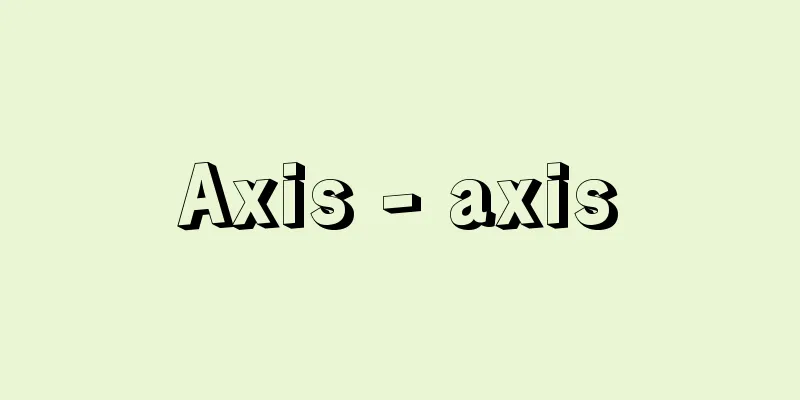Defendant - Defendant

|
A term used in criminal proceedings to refer to a person suspected of a crime against whom a public prosecutor has indicted him or her, or against whom he or she is being treated as if a public prosecutor has indicted him or her. The defendant is presumed innocent, is an equal party to the proceedings in opposition to the prosecutor, and is in a position to defend himself or herself against the prosecutor's attacks. To that end, the defendant is guaranteed the following rights: the right to remain silent (Article 38, paragraph 1 of the Constitution; Article 311, paragraph 1 of the Code of Criminal Procedure), the right to request a defense attorney (Article 37, paragraph 3 of the Constitution; Article 30 of the Code of Criminal Procedure), the right to meet and communicate with a defense attorney (Article 39 of the Code of Criminal Procedure), the right to request the preservation of evidence (Article 179 of the Code), the right to request the examination of evidence (Article 298, paragraph 1 of the Code), the right to examine witnesses (Article 37, paragraph 2 of the Constitution), and the right to a speedy trial (Article 37, paragraph 1 of the Constitution). However, the accused also has the status of a subject of proceedings, is obliged to appear at trial, and is subject to compulsory measures such as summons and detention. Furthermore, his or her voluntary testimony may become evidence, and his or her body may be subject to inspection, so the accused also has evidentiary status. [Oide Yoshitomo] [References] | | | | | |Source: Shogakukan Encyclopedia Nipponica About Encyclopedia Nipponica Information | Legend |
|
犯罪の嫌疑を受け、検察官により公訴を提起され、または提起されたとして取り扱われている者をいい、刑事訴訟上の用語。被告人は、無罪の推定を受け、検察官と対立する対等な訴訟主体であって、検察官の攻撃から自らを防御する地位にある。そのために、黙秘権(憲法38条1項、刑事訴訟法311条1項)、弁護人依頼権(憲法37条3項、刑事訴訟法30条)、弁護人との接見交通権(刑事訴訟法39条)、証拠保全請求権(同法179条)、証拠調べ請求権(同法298条1項)、証人審問権(憲法37条2項)、迅速な裁判を受ける権利(憲法37条1項)等の権利を保障されている。 とはいえ、被告人には、手続の対象としての地位もあり、公判に出頭する義務を負い、勾引(こういん)、勾留等の強制処分の客体にもなる。さらに、その任意の供述が証拠となり、その身体が検証の対象となることもあり、証拠方法としての地位も有する。 [大出良知] [参照項目] | | | | | |出典 小学館 日本大百科全書(ニッポニカ)日本大百科全書(ニッポニカ)について 情報 | 凡例 |
>>: Defendant - Defendant; Beklagter
Recommend
Great white-spotted stork - Great white-spotted stork
...The species that breeds in Europe and North Af...
Runabout
…Most motorboats are used as pleasure boats for r...
Withdrawal of the lawsuit - Withdrawal of the lawsuit
In the Civil Procedure Act, a plaintiff withdraws ...
Wakadokoro - Wakadokoro
A temporary post set up in the Imperial Court to ...
Ipecac (English spelling)
A woody herb of the Rubiaceae family that grows un...
Kaidouki
A travelogue from the early Kamakura period. Vol....
Weng Juan
[Born] Before 1183 [Died] A poet of the Southern S...
Otomo no Yasumaro
Year of death: May 1, 714 (June 17, 714) Year of b...
Fukujinzuke - Fukujinzuke
This food is made by chopping vegetables into smal...
Kagami-biraki (opening of a sake barrel)
This is a ceremony in which New Year's Kagami...
erythema
…(1) Macula: A lesion characterized by a change i...
Liaison aircraft
A small military aircraft used to support ground t...
Tail lobe
…In the development of a magnetospheric storm, th...
Takane [town] - Takane
A former town in Kitakoma District, northern Yaman...
end moraine
… The longitudinal section of a glacial valley is...









![Kashima [town] - Kashima](/upload/images/67cb32d88b7cf.webp)